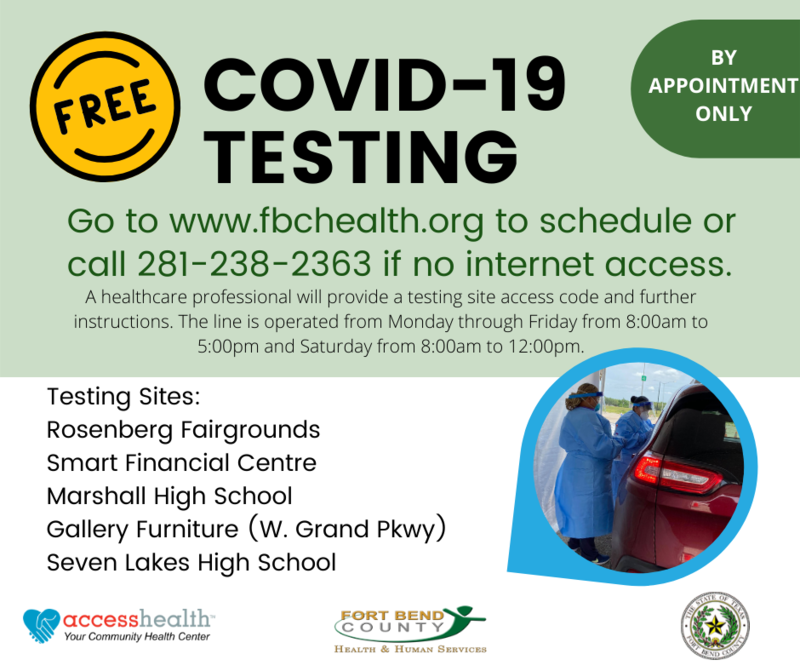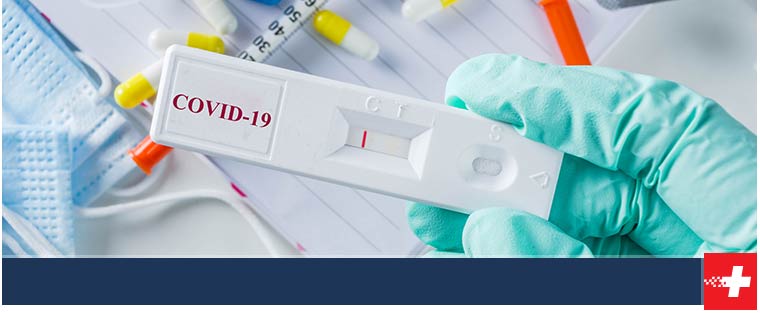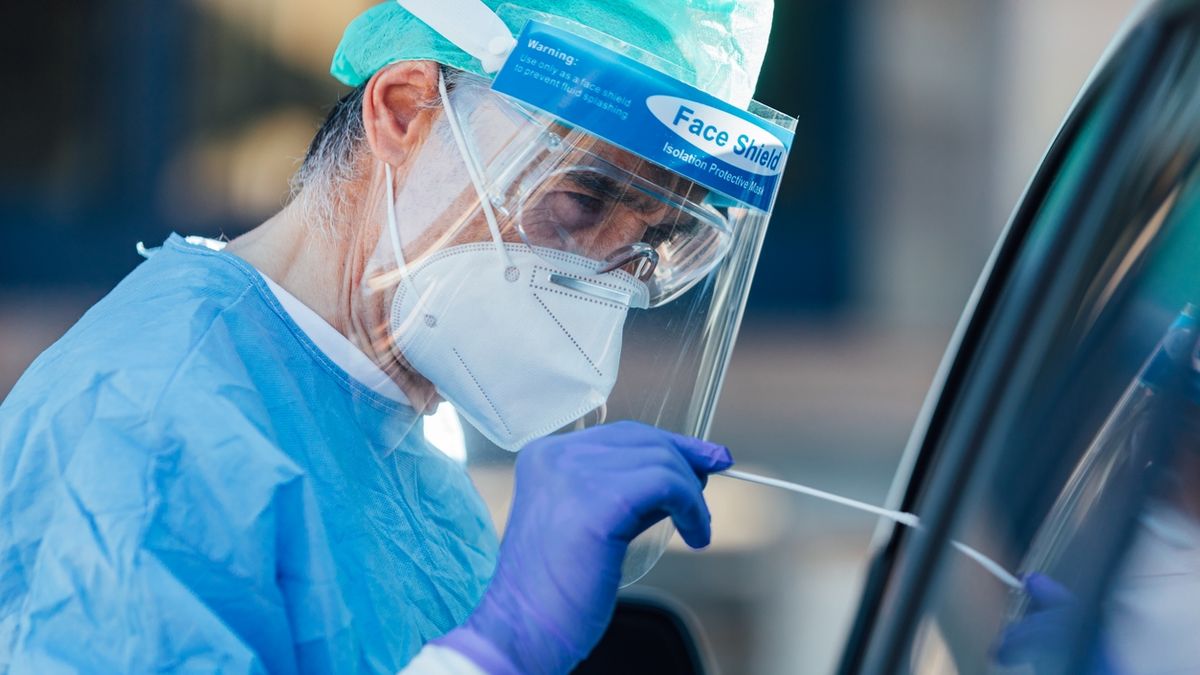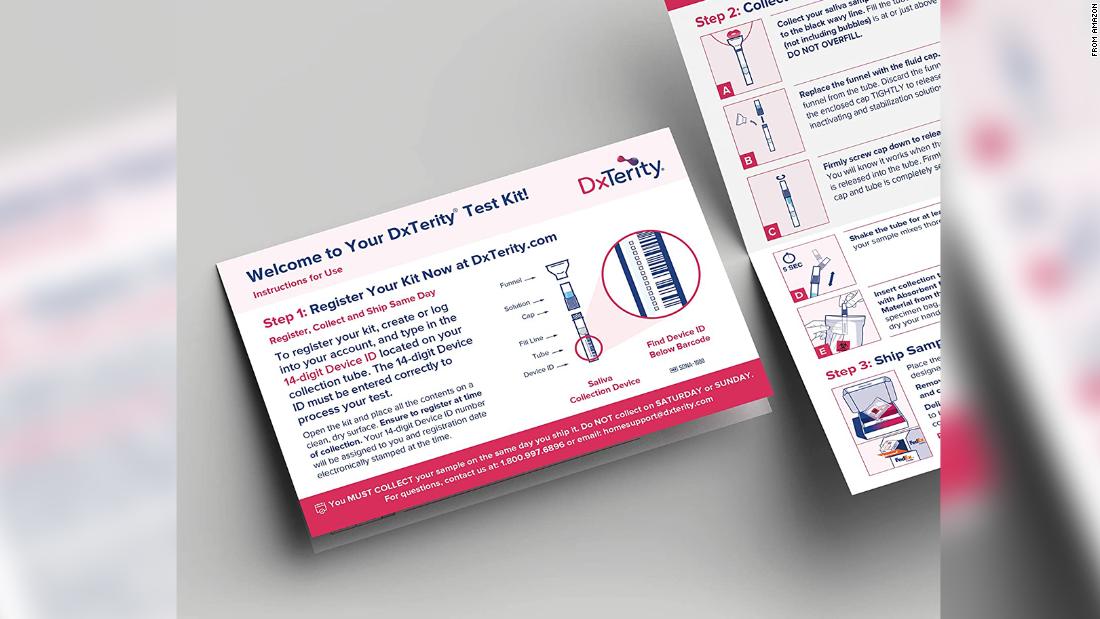
You should stay home and follow the advice for people testing positive to COVID-19. If you have a positive PCR test result, you likely have COVID-19, even if you don’t have symptoms.
#COVID 19 TESTING NEAR ME HOW TO#
Read more on antiviral medicines including how to access them if you are eligible.įind out more about protecting yourself from COVID-19 if you are higher risk of severe illness. COVID-19 antivirals work best if taken as soon as possible, and within 5 days from when your symptoms start. Early diagnosis means you can access antiviral medicines quickly. Your doctor may also recommend a COVID-19 PCR test.

Already have symptoms or live with someone who has COVID-19: Do a RAT as soon as possible and contact your doctor for testing advice.Ask your doctor if they recommend antiviral medicines or other treatments for COVID-19 if you test positive.

Ask if your doctor can perform a PCR test or if you need to be given a pathology referral form that you take to a private pathology provider to get tested there.
#COVID 19 TESTING NEAR ME FREE#
PCR tests are free for anyone eligible under Medicare. Speak to your doctor to get a pathology referral form and to ask where to get a PCR test. a PCR test that can be performed by your doctor, or a private pathology provider.a rapid antigen test (RAT) that you can do yourself.There are 2 types of tests you can take to check if you have COVID-19: You may also be eligible for antiviral treatment or additional supportive care. If you live in a remote area and have reduced access to healthcare or are a resident in an aged care or disability care facility, discuss your risk with your doctor. children with complex chronic conditions.people with significant or complex disability.


people aged over 50 years with additional risk factors, including obesity, diabetes, cardiovascular disease, chronic lung disease (including moderate or severe asthma requiring inhaled steroids), neurological disease, severe chronic liver or kidney disease, active cancer, those who are not up to date with recommended vaccination.Some people are at higher risk of severe illness (more likely to get very sick, and need hospital care), including:


 0 kommentar(er)
0 kommentar(er)
